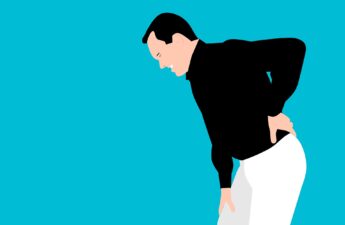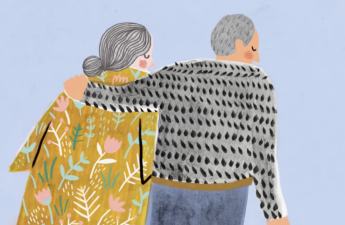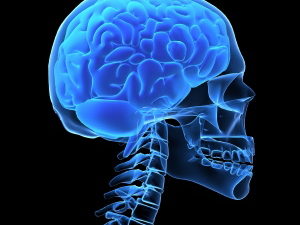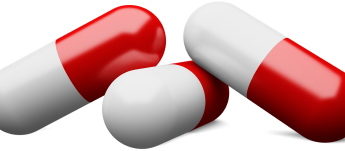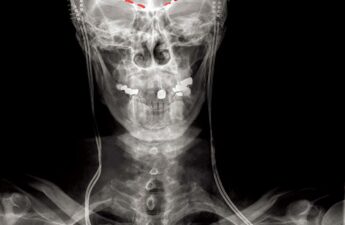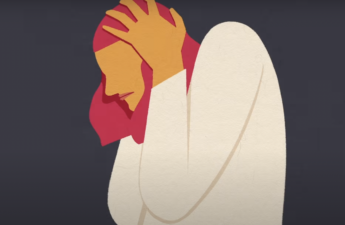Category: Pain Medicine
Do any non-drug treatments help back pain? Here’s what the evidence says
Exercise – especially programs tailored to your needs and preferences – is likely to reduce pain and help you move better. This could include aerobic activity, strength training or Pilates-based movements.
No, your aches and pains don’t get worse in the cold. So why do we think they do?
We found changes in air temperature, humidity, air pressure and rainfall do not increase the risk of knee, hip or lower back pain symptoms and are not associated with people seeking care for a new episode of arthritis.
Surgery won’t fix my chronic back pain, so what will?
Treatments offered to people with chronic pain include strong pain medicines such as opioids and invasive procedures such as spinal cord stimulators or spinal fusion surgery. Unfortunately, these treatments have little if any benefit and are associated with a risk of significant harm.
Most people with chronic back pain naturally think their pain is caused by injuries or other problems in the body such as arthritis or bulging disks. But our research team has found that thinking about the root cause of pain as a process that’s occurring in the brain can help promote recovery.
What actually is palliative care? And how is it different to end-of-life care?
Palliative care is not voluntary assisted dying. It does not aim to hasten or prolong death. It is not just for people who are about to die and seeking palliative care does not mean “giving up”. In fact, it can be a profound and positive form of care that the World Health Organization (WHO) has recognised as a basic human right. But what does it involve?
Migraine: A common headache disorder that is underdiagnosed and undertreated
Melina Albanese, University of Toronto Migraine is a common chronic health condition and a leading cause of disability globally. However, even in Canada, with a universal health-care system, migraine is underdiagnosed and undertreated. This is an important public health issue…
Acetaminophen vs ibuprofen — which works best and when?
Deciding which one you should choose is dependent on the type of pain you are experiencing. Sometimes it might be appropriate to take a medication that contains both drugs.
Brain signatures for chronic pain identified in a small group of individuals
Chronic pain is one of the largest contributors to disability worldwide. Neuropathic pain is caused by damage to the nervous system itself. It most commonly occurs due to injury to the nerves in our bodies, but for the individuals in this study, their pain is thought to originate from the brain itself. This kind of pain does not respond well to current treatments and can be debilitating for people living with it.
One in five US adults report persistent, chronic pain, study finds
Overall, the study found that the rate of chronic pain and high-impact chronic pain among adults is approximately 21% and 8%, respectively. Chronic pain is pain that is experienced on most days or every day in the past three months; and high-impact chronic pain s pain that limits life or work activities on most days or every day during the past three months.
Chronic pain: An invisible disease whose sufferers are unfairly stigmatized
Marimée Godbout-Parent, Université du Québec en Abitibi-Témiscamingue (UQAT) Imagine living with pain every day for months, or even years — pain that is so intrusive, it disrupts every day of your life. Unfortunately, this is the daily reality of millions…
Cannabis is no better than a placebo for treating pain – new research
Although cannabis (and cannabis-derived products, such as CBD) may be widely used for reducing pain, how effective it really is in doing this is still unclear. This is what our recent systematic review and meta-analysis sought to uncover. Our study, published in the Journal of the American Medical Association, suggests cannabis is no better at relieving pain than a placebo.
What long-term opioid use does to your body and brain
The powerful pain-killing effects of opioids have been known for thousands of years. Some people become addicted to them, but most people who take them for pain do not. However, they are tricky drugs with some unexpected effects.
Cannabis holds promise for pain management, reducing the need for opioid painkillers – UW neuropharmacology expert explains how
In states where marijuana is legalized, opioid-related ER visits drop nearly 8% and opioid prescriptions are modestly lower.
Migraine sufferers have treatment choices – a neurologist explains options beyond just pain medication
Research shows that alternative therapies are associated with improved sleep, feeling better emotionally and an enhanced sense of control. Some patients can avoid prescription medications altogether with one or more complementary treatments. For others, the nontraditional treatments can be used along with prescription medication.
How do painkillers actually kill pain? From ibuprofen to fentanyl, it’s about meeting the pain where it’s at
There are multiple pathways that signal tissue damage to the brain and sound the pain alarm bell.

